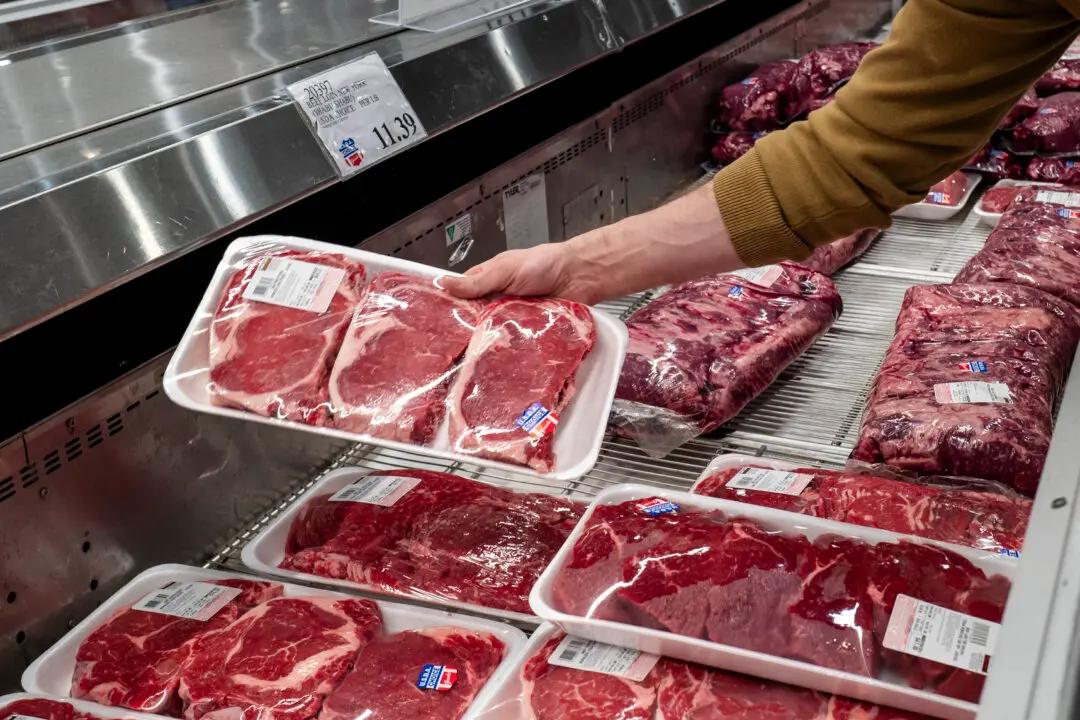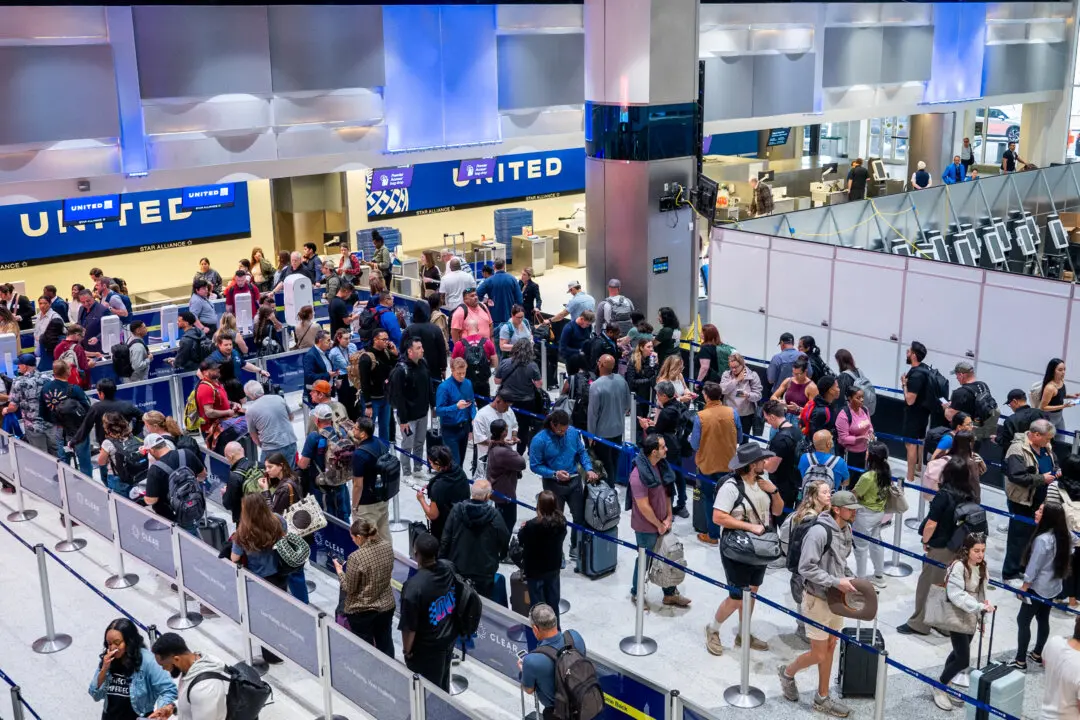A little-known trade loophole could have a significant impact on imports coming into the United States from China and on domestic businesses.
On Feb. 1, President Donald Trump signed several executive orders directed at Canada, China, and Mexico. Those three executive orders mentioned the cancellation of “de minimis treatment” for “all articles” produced in any of the three countries.





